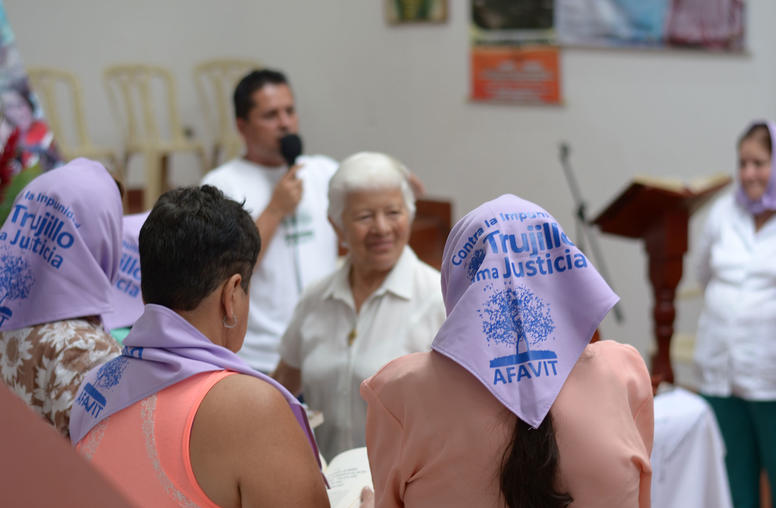 Syria
Syria
Syria’s war has been a humanitarian catastrophe, with serious consequences for its people, surrounding states, and others around the world. Around 500,000 people have died during the war and more than 13 million have fled their homes. Factions and forces have competed for control, triggering tensions—geographic, communal, social, religious, and ethnic—among Syrians. Since 2015, the U.S. Institute of Peace has helped local leaders engage in outcome-oriented dialogues to promote peace in their communities. USIP has also helped civil society organizations, informed policymakers, worked to reduce refugee-host tensions in states near Syria, and cooperated with proponents of peace.
Learn more in USIP’s fact sheet on The Current Situation in Syria.
Featured Publications

As Hezbollah-Israel Tensions Simmer, Lebanon’s Domestic Crises Drag On
Nearly six months after Hamas’s October 7 attack on Israel, tensions in two key flashpoints — Lebanon and Syria — continue to rise with significant Israeli airstrikes in both countries, leading to the highest death tolls in each country since October 7. Amid these rising tensions, ongoing clashes between the Lebanese militant group Hezbollah and the Israel Defense Forces (IDF) threaten to escalate into a wider war. At the same time, Lebanon continues to reel from a series of crises that have unfolded over the past four and a half years, highlighting Lebanon’s perilous position as the Gaza conflict continues to reverberate throughout the region.

Is the Middle East on the Verge of a Wider War?
Three months after the Hamas terror attack on Israel, reverberations from the ensuing conflict in Gaza threaten to engulf the region in a wider war.

Will the Israel-Hamas War Spiral into a Wider Conflict?
With the Israel-Hamas war poised to enter its fourth week, the conflict continues to escalate. The Israeli military announced on October 25 it had struck more than 7,000 targets inside Gaza, ranking the current military campaign among the most intense globally in recent memory. The conflict has resulted in an estimated 1,400 Israelis killed, according to Israeli government sources and more than 6,500 Gazans killed, according to the Hamas-controlled Health Ministry. More than 200 hostages are held captive in Gaza.
Current Projects

Religious Women Negotiating on the Frontlines
In recent years, peace processes — such as the track 2 intra-Afghan negotiations — have shown that on both a moral and practical level, women’s inclusion is essential. Women’s involvement in peace processes increases their likelihood of success and longevity and can increase legitimacy. While more literature on women contributing to mediation and negotiation efforts is slowly being produced, little attention is currently being paid to the already existing work of women who employ their faith and mobilize religious resources for peacebuilding.
Syria Study Group
The Syria Study Group (SSG) was established by Congress with the purpose of examining and making recommendations on the military and diplomatic strategy of the United States with respect to the conflict in Syria. The SSG is a bi-partisan working group composed of 12 participants each appointed by a member of Congress for the duration of the study.